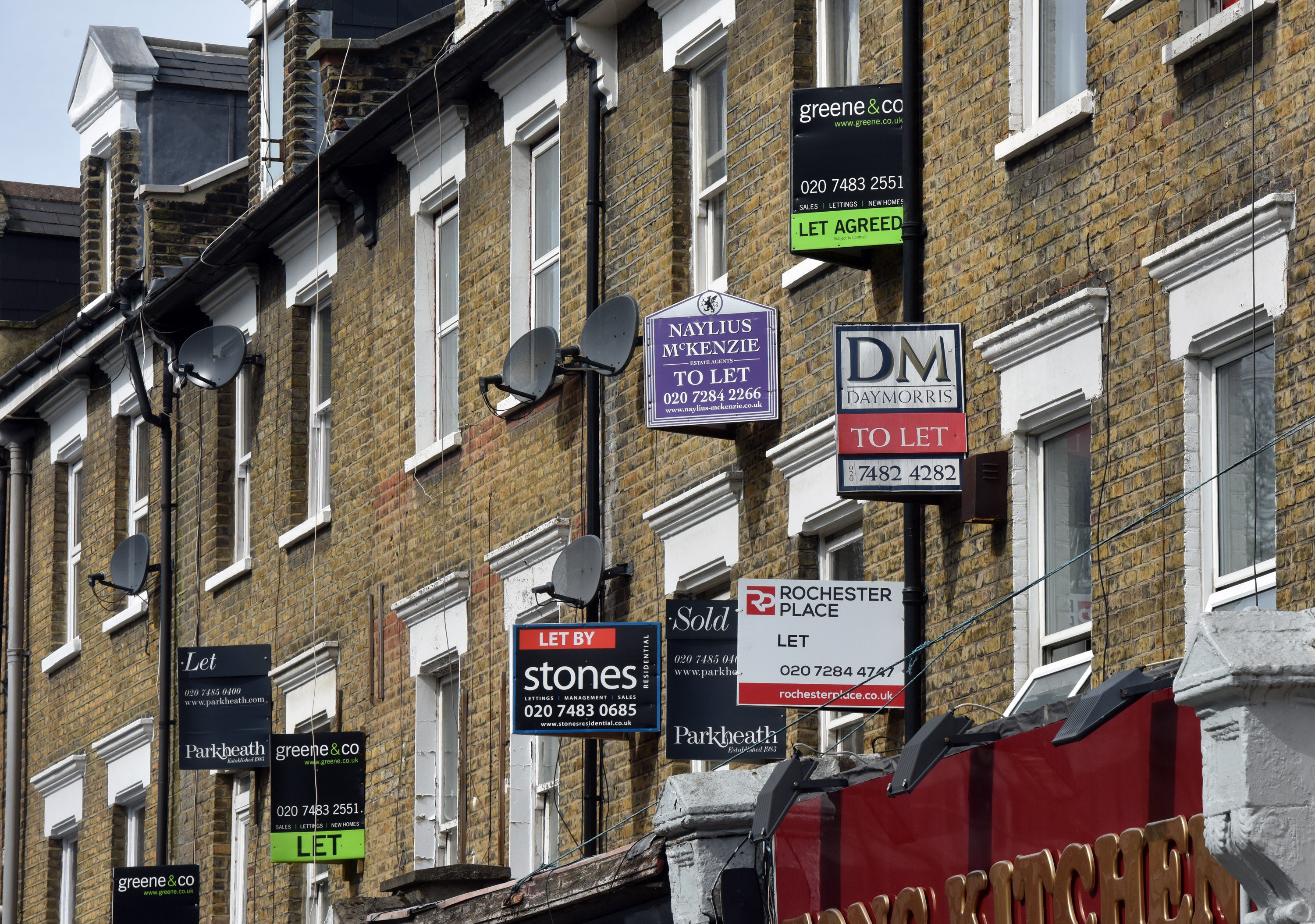
“Exactly one week before Christmas we are surrounded by boxes with no home to go to,” says Ana*, a mother-of-two from Sheffield.
The 51-year-old has been served a Section 21 ‘no-fault’ eviction notice, which runs out on 28 December. This means she and husband are spending their Christmas stressed and worried, preparing to leave their family home with no idea of what the future holds.
“Obviously our first concern is for the children,” she says. “They need stability, especially at Christmas. We want them to have a lovely, peaceful, calm time at home.
“We’re having to put on a brave face. But we’re not eating, not sleeping.”
Because she has been served the Section 21 notice, Ana’s landlord doesn’t need to give a reason to evict her and her family. Despite living in the property for four years, a letter through the post was how they found out they had just two months to find a new place to live.

“He said he wants to sell the property,” Ana says. “We have appealed to him, to his better nature, to ask him to reconsider or ask for more time.
“Laughably, he said we’re impinging upon his rights to ask that. And we’ve had no more contact from him.”
The use of these Section 21 notices has long attracted controversy, criticised by campaign groups and politicians alike.
Labour has now begun implementing legislation to ban their use, delivering on a manifesto commitment and finally meeting a promise made by the Conservatives over five years ago, in April 2019.
The ‘Renter’s Rights Bill’ – spearheaded by deputy prime minister Angela Rayner – will bring in this change, alongside a slate of other measures to bolster protections for private tenants in other ways.
But it will come too late for Ana and her family, along with many others. Currently in its report stage, the bill won’t become law until around mid-2025.
In the meantime, the use of Section 21 notices remains rife, and has even increased in recent months. During Labour’s first three months in power, between July and September this year, 8,425 households were served a Section 21 notice – an eight-year high.
In the same period, there were 2,830 bailiff evictions from households served Section 21 notices. This reprsented a 23 per cent increase from the same period in 2023, when there were 2,308 evictions of this kind.
Rachel, 35, is a mother-of-three from County Durham. After being issued a Section 21 notice by her landlord in October, her notice period ended on 20 December.
“The first I knew of it was the Section 21 come through the door,” she says, “And since then I haven’t been able to communicate with my landlord.”
Rachel and her family lived in the property for 13-and-a-half years. Her three children, aged 17, seven and three have all grown up in the house, and go to school in the area.
“I actually live in the same village as all of my family. I’ve grew up here as well,” Rachel explains. “It’s the same village that my great grandparents grew up in.”
But finding another suitable property in the area is proving a challenge. Unaffordable rents mean Rachel is looking to her local council to help secure social housing, but the ever-increasing waiting list for these properties makes it very hard to secure one.
“The rents are so high now that, even in an area I don’t want to live in, they’re half of my total income,” she explains, “and that’s without a single bill.
“You’re just at the mercy of [the council]. You’re not guaranteed that you’re going to get anything. Then they’ve just said that it’ll be temporary accommodation if not.”

Across the UK, there are thousands more cases like Ana and Rachel’s. Francesca Albanese, executive director of policy and social change at Crisis says: “It’s really horrific for for people who are affected by this.
“[There is] the stress and anxiety of getting that Section 21 notice and knowing that you don’t have anywhere else to go, and being told that actually the council won’t do anything until they’re physically homeless. And it’s happening more and more.”
She adds that an overreliance on the private rented sector is a driving factor behind the increase in the use of Section 21 notices, as rents continue to spiral.
Despite having three dependent children, and so deemed to be priority need, her council has told Rachel they will only step in after she is evicted by bailiffs. If she leaves before this, she will be considered what is called ‘intentionally homeless,’ and lose her right to council support.
“You get the vibe as well that they think that you ‘just want a council house’,” she says, “I’ve never been in a council house. I’m 35. I haven’t ever applied for a council house, I’m not doing it for fun. I haven’t got any other option now.”
* Name has been changed






